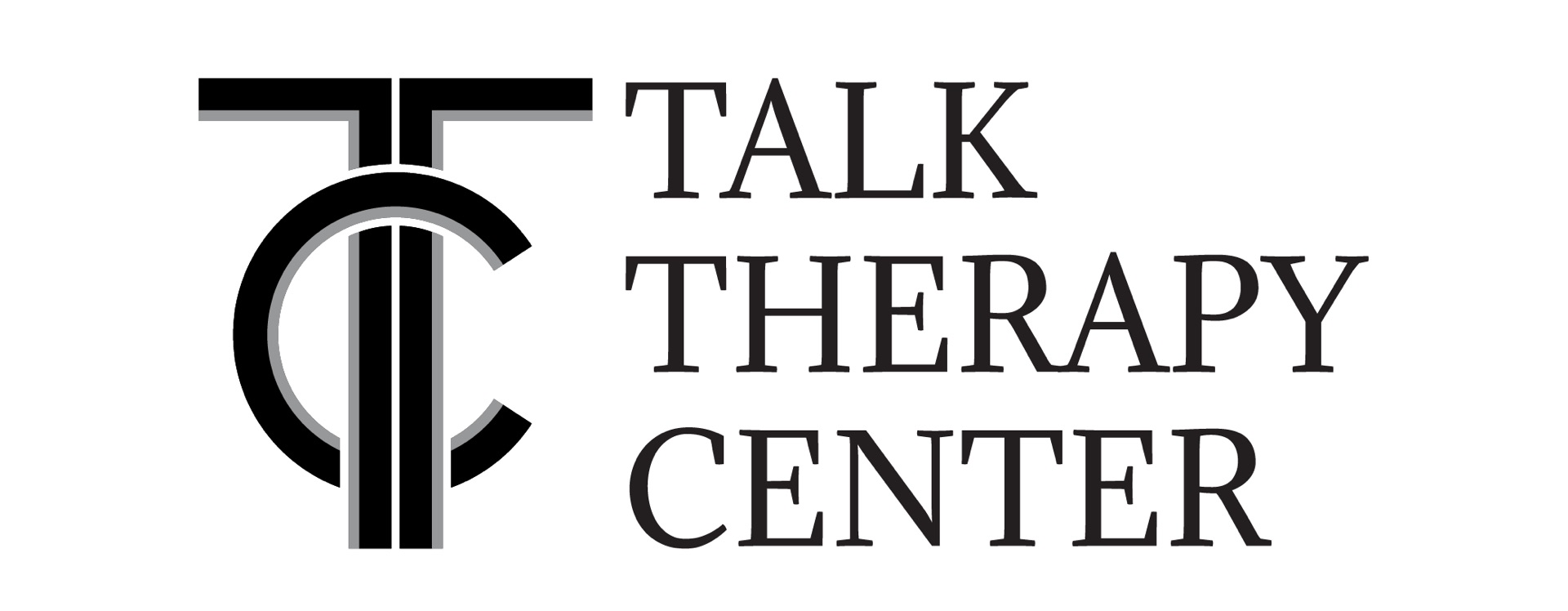How Can I Forgive?

By Ofelia Johnson, LMFT
Have you ever wondered how someone truly learns to forgive all the pain that was caused in their life?
As a therapist, we work with clients to find various ways to accomplish this challenge. A major problem is that people work very hard to hide their scars, even though this covering up can keep them in deep feelings of pain throughout their lives. This “stuckness” in pain is often caused by poor attempts to cope such as working long hours, engaging in substance use, risky behaviors, or self-harm. Some clients report experiencing “positive toxicity” which means ignoring the negative, focusing on the positive, and dismissing the real impact. Examples of this include statements like: you have it better than other people do, you can do it, stop focusing on all the bad and keep moving forward, stop crying it will get better. These messages along with comments like “it’s not that bad” or “it can be worse” convey the unspoken rule of turn off the feelings and pretend it’s not there. These coping failures are often taught or modeled by well-meaning friends and family who themselves have only managed to “just get by.” There is a major factor that is often not considered in these approaches that often unlocks movement in our emotional pain, acknowledge your experience and understand it without judgment. Healing and forgiving are a conscious effort.
Where do I begin?
Being present with our thoughts and really paying attention to yourself can be uncomfortable and foreign. Sure, it’s easy to say just be present in the moment and not focus on the past or future. It takes practice to make a conscious decision to change your narrative and be present in the now.
1.Be mindful of your inner world. Ask yourself:
· What is the story that I keep retelling myself? Is it defeating? Is it a voice that sounds similar to a family member’s expectations, or is it a kind and gentle approach?
· How does this inner voice impact my mood and daily choices?
2.Be present with the emotion and experience
· Notice how your body feels during a situation or a thought and be curious about what emotions are coming up.
· Stay with the emotion without pushing it away, disconnecting, or deflecting
3.Practice non-judgment and compassion
· Be gentle toward your emotions
· See emotions as neutral not as good or bad
· Notice if you are shaming yourself or have a negative inner voice
· Sticking with the fact without judgment
· Self-compassion
4.Honoring experience
• Acknowledge the pain without judgment as good or bad
• Naming and telling the experience without dismissing or putting it down.
These actions take time to recognize and healing them takes practice and patience. If you would like support or guidance during this inner journey, please feel free to contact the office at Talk Therapy Center to find a therapist that can support you. It takes courage and strength to start reflecting on your inner world, but you are worth the effort.

